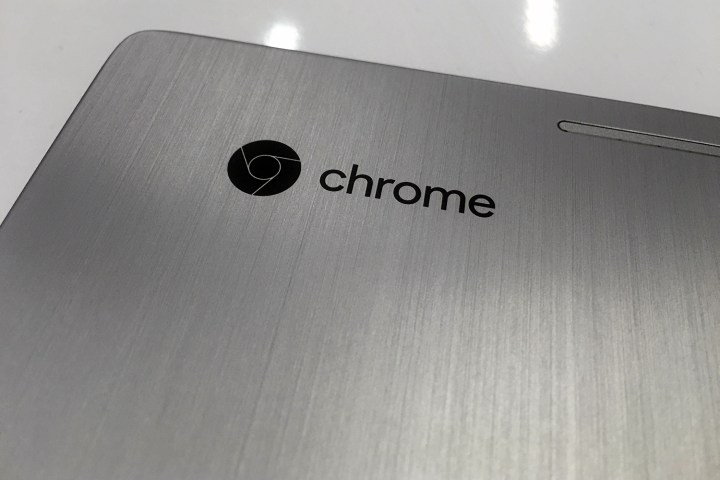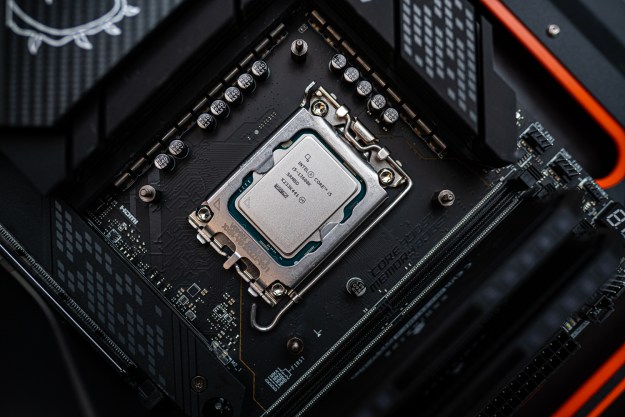
While the Windows world is mixed in terms of adopting Kaby Lake, and MacOS is ignoring it completely, one operating system might be taking it up soon. A new Chrome board has surfaced, dubbed “Eve,” that uses Kaby Lake, as Liliputing reports.
The information was discovered by Chrome Unboxed in the source code for Google’s Chromium OS. Also mentioned is a “tablet mode” for Chromium, meaning that a laptop could be on its way sporting a touchscreen or perhaps even a convertible 2-in-1 device. The board in question carried the Google moniker, meaning that it could either be an upcoming Chromebook Pixel or that could merely be noise.
A Geekbench listing also indicates that a new Chromebook using Intel’s low-cost Apollo Lak processor could be on its way as well. The device in the listing used a Pentium N4200 quadcore processor and was equipped with 8GB of RAM. Apollo Lake is a series of low-power processors that are also generally lower in price than Intel’s higher-end Core processors, and includes the Atom 3900 series, the Celeron N3350, and the Pentium N4200.
Code-named “Google Reef,” this could either be a low-cost Chromebook to join the decidedly higher-tiered Chromebook Pixel, or something else entirely. The Google Reef system did indicate Android 6.0.1 as its OS, which could be a result of an Android subsystem running on Chromebook to enable
In any event, it looks like Intel’s Kaby Lake processor line could be making its way to the third PC platform sometime in the future. That would bode well for Chromebook performance in general, as Google’s lightweight and mostly online OS doesn’t require nearly the horsepower as Windows 10 and MacOS.
Editors' Recommendations
- Everything we know about Lunar Lake, Intel’s big next-generation chips
- Intel 14th-gen Meteor Lake: architecture, specs, and performance
- Intel’s Raptor Lake refresh prices have leaked, and hikes are on the way
- The leaks were wrong — Intel Meteor Lake is coming to desktop
- Get ready to pay more for Intel’s next-gen CPUs

